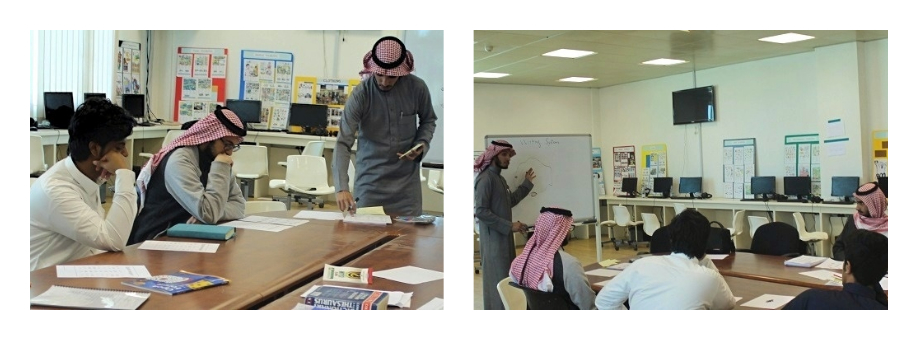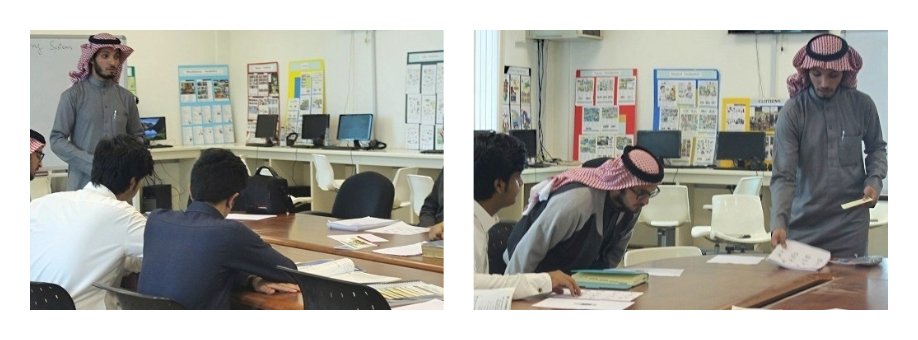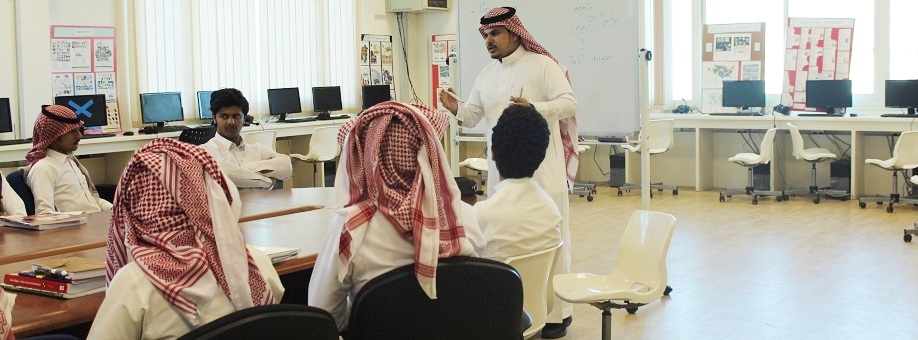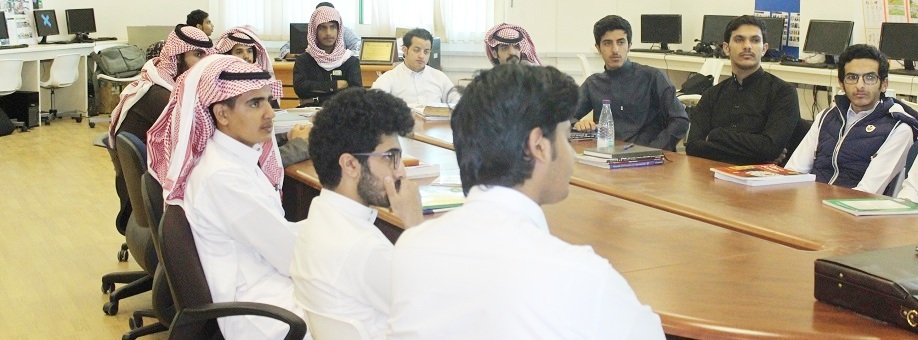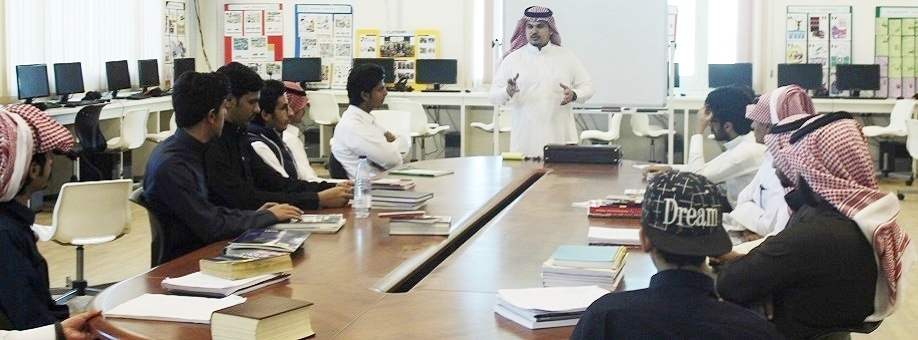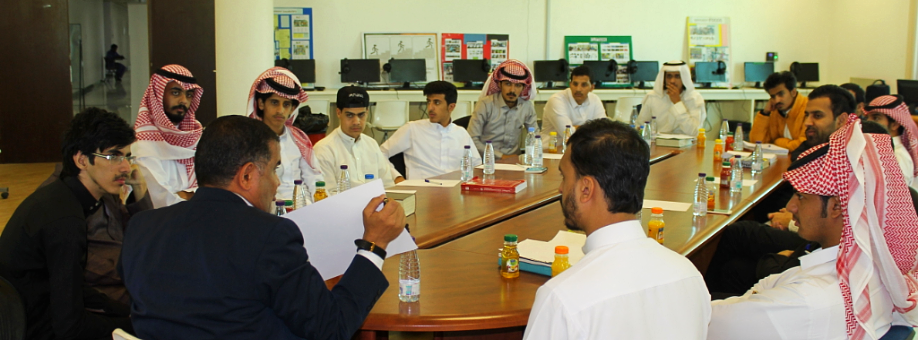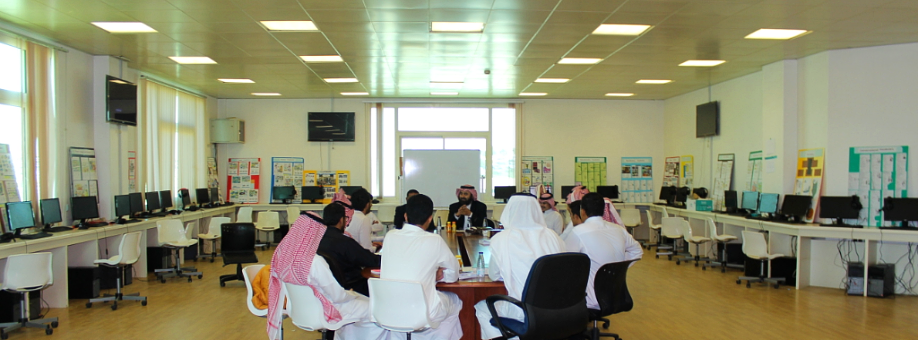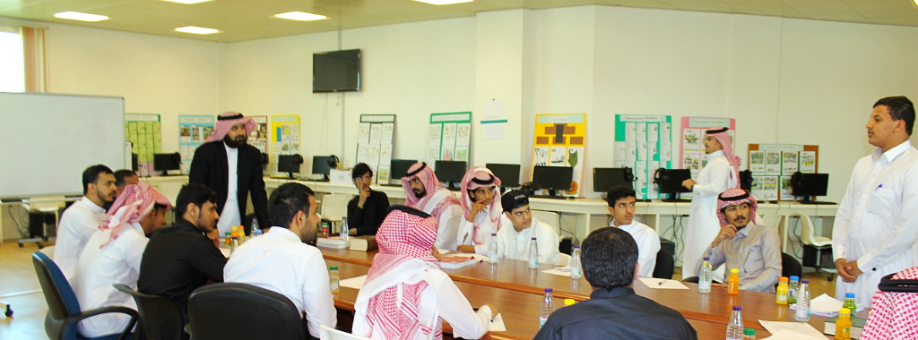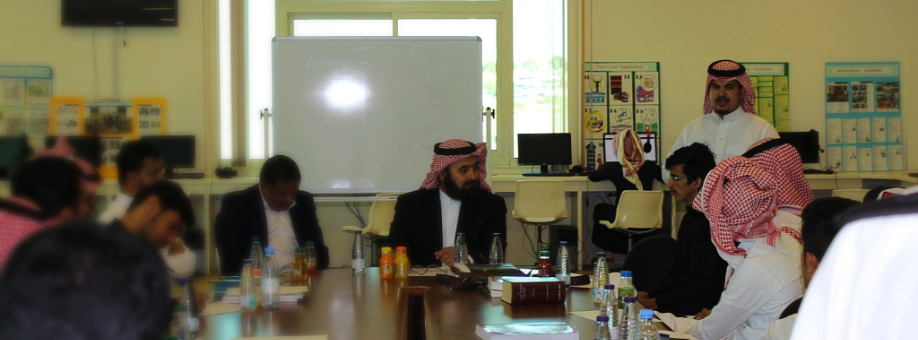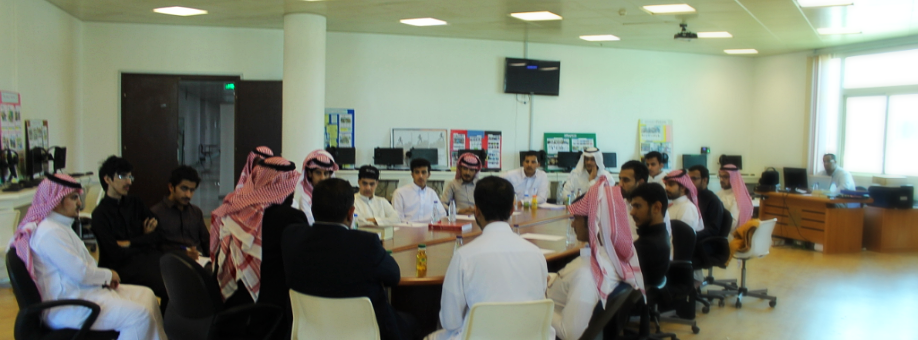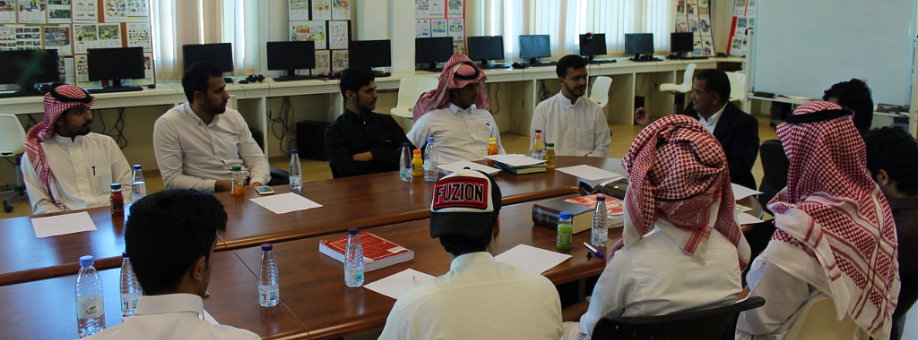Linguistics Hour: The Art & Science of Translation
On Wednesday, the English Club held its 4th lecture of the Spring semester. The guest speaker was Faculty of Languages and Translation Asst. Professor Dawood Mahdi. Dr. Mahdi is also the Head of the Academic Guidance and Counseling Unit. The subject of the well-attended event was the art and science of translation.
First, Dr. Mahdi explained many of the misconceptions about the disciplines of translation and interpreting languages. He noted that many people believe that translation is merely converting individual words from one language to another. 'Languages have diverse structures and conventions. Interchanging literal meanings of words between languages is not a method for effective communication' said Dr. Mahdi. He further noted that languages are rich in idioms, metaphors, and figures of speech. In these cases, literal translations simply do not work. Similarly, in many languages, individual words have multiple meanings. Therefore, rudimentary translation will often be in error.
Dr. Mahdi also reviewed some less common misconceptions about translation and interpreting. Some people believe that any bi-lingual person can translate/interpret the two languages. Dr. Mahdi explained that translation is a specialized discipline that requires advanced training and practice. He also explained that there are sub-specialties even for those who are skilled general translators. For example, translating in the fields of law, medicine, engineering, etc. require specialized knowledge of those fields. Another misconception is that translating and interpreting are the same. Dr. Mahdi noted that interpreting requires the language specialist to work in real time, which is extremely difficult even for those fluent in the languages. Finally, he noted that some people erroneously believe that translators do not need dictionaries or other reference material. 'Reference materials are the tools of the trade for professional translators' said Dr. Mahdi.
Later in the program, Dr. Mahdi told the students that which is required to be a successful translator/interpreter. 'First and foremost one needs to be fully committed to the target languages' he said. Translation also requires intensive training and many hours of consistently practicing the craft. Dr. Mahdi also stressed that translators must be scrupulously committed to accuracy and approach the profession with honesty and integrity.
In response to a question by a Level 1 student, Dr. Mahdi discussed the FLT general course progression. He explained that our BA program focuses on the major skills in the first 4 levels, then moves to three fields; namely, Linguistics & Applied Linguistics, Literature and Translation.
The attendees thanked Dr. Mahdi for his enlightening and informative presentation.
Date: 2/26/2019
Source: Dr. Charles Forman

